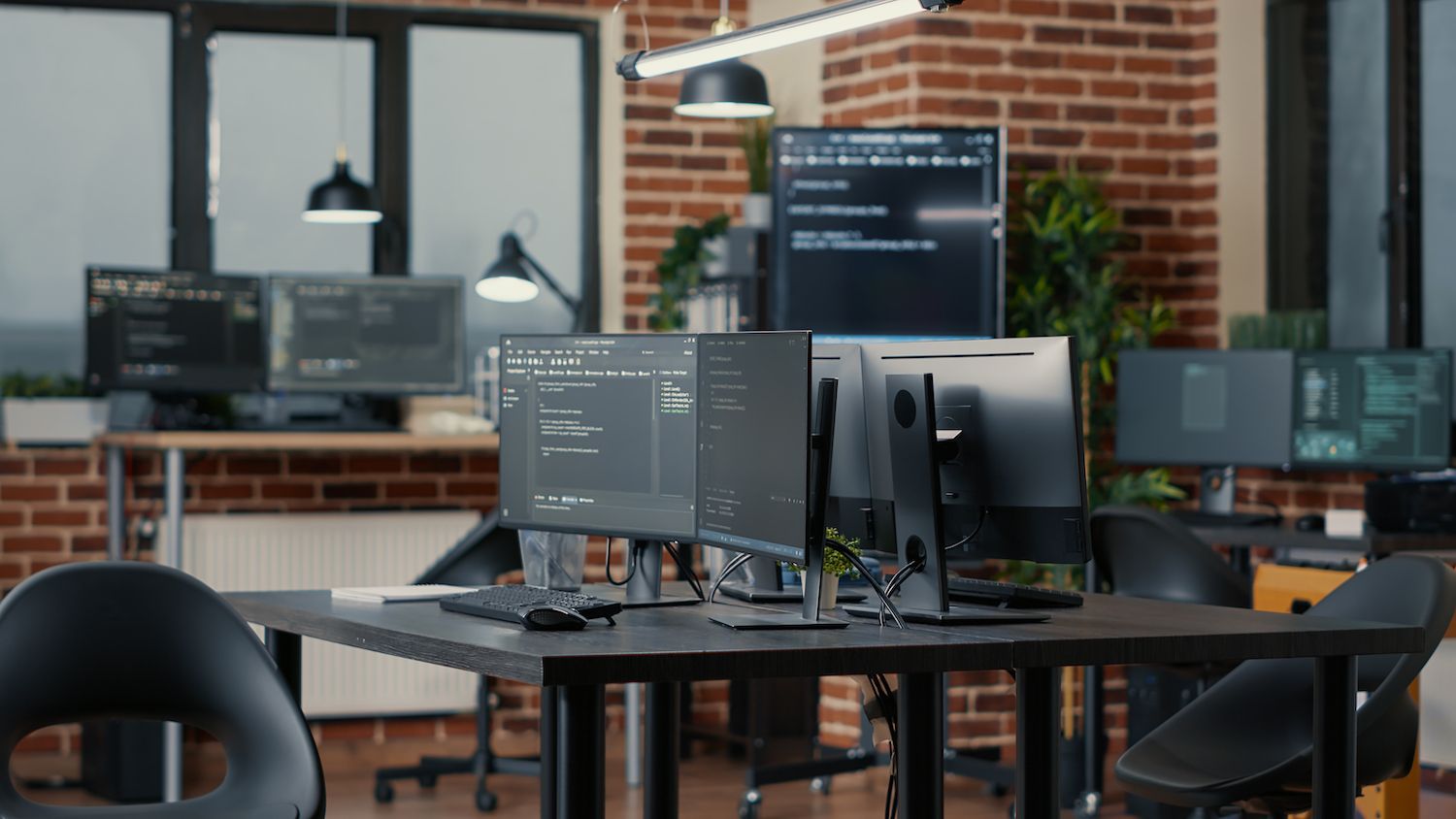How to Mint an NFT | Blog

Discover Online Classes in NFTs
Create, buy and sell your own NFTs and more.
This document is not intended to be financial or investment advice.
Some creators have it, but for them the biggest obstacle is knowing how to mint NFTs for the first time. Let's break down the NFT minting process through guiding the reader through an example.
Quick Links
What does it mean to Mint an NFT?

The NFT typically is discrete and separate from the actual digital creation that it represents. The NFT may contain a hyperlink to the original creation--whether it's an image, video or audio recording or some other type of digital artifact. This may exist off the blockchain. The origin file can be duplicated or used and then distributed in a separate manner apart from the NFT.

Begin with the Foundations
NFT Fundamentals--Buy NFTs, Make, and Sell NFTs
How do I mint an NFT
Minting is technically difficult. Fortunately, much of this complexity is managed by the many NFT marketplaces available.
Things to Consider
Select Your Blockchain and Market
While it's technically possible to transfer NFTs across different blockchains (for instance using the Wormhole NFT Bridge permits NFTs to be transferred between the Ethereum as well as Solana networks) Once an NFT has been created, it will generally live on that blockchain forever.
It's important to remember that various marketplaces allow only trading NFTs upon specific blockchains. If you're looking for the most market reach, you'll likely want to select the largest blockchains. However, there are other aspects to be considered too.
Certain blockchains are favored by certain types of NFT. The Flow blockchain is utilized for the NBA Top Shot NFT project, while Tron is popular for hosting play-to-earn and gaming-based NFTs. Tezos is popular for hosting music-related NFTs. Several organisations like Red Bull and the Grammy Awards have chosen to host their NFTs using Tezos. Most NFTs to date, however, have been minted and traded on Ethereum.
Network Fees
Network charges are charged while making NFTs and reflect the expense of computing resources needed to process transactions.
On Ethereum The network charges (known in the form of "gas costs") are typically equivalent to hundreds of dollars especially during peak U.S. business hours..
Third-party solutions (such such as Immutable X) are in development to cut down on costly gas costs as well as some exchanges (like FTX) will subsidize gas fees for their customers. Certain blockchains are engineered to speed up transaction processing and the costs are much less--on Tezos and Flow. along with Solana blockchains, fees to network could be as low as an amount of dollars.
It's worth being mindful of the fees since, when you're a brand new artist with no track record or audience of collectors, your NFTs might not be able to fetch a premium price. By keeping minting and sales costs low, you'll increase the chances of making revenue. However, it is important to weigh the costs with the amount of marketplace for NFTs in your preferred blockchain.
Fees are always paid with the currency native to the blockchain you're minting on--ETH for Ethereum, XTZ on Tezos and SOL for Solana. You'll need to hold some of these tokens before you're able to issue your NFT.
How can you Mint an NFT using Ethereum by using OpenSea
For the purposes of this piece, I'll employ an example of minting an NFT (a photo I snapped of a winter morning) in the Ethereum Blockchain by using OpenSea The self-described "first and largest NFT market." Different marketplaces as well as blockchains have similar steps to minting NFTs.
Step 1: Configure and connect a cryptocurrency Wallet
You'll then need to purchase the correct tokens in order to pay for the fees for minting. These can be purchased through a cryptocurrency exchange, such one like Coinbase. The equivalent of $250 in ETH should be more than enough to cover the costs of minting for your first NFT.
Connecting your wallet validates you as a brand new user on OpenSea and removes much of the usual account setup and verification steps.
Once you've connected your cryptocurrency wallet will become the interface for OpenSea for securely verifying transactions through the process of minting.
Step 2: Add the Source File
After you have connected your wallet, you can now connect the NFT source file. In my case, a high-resolution JPEG images file.
As with listing items for sale on eBay, it pays to include as much details about the item that you can to convince potential buyers of the value. Some of this is associated with your NFT when it was minting.
If your image is accompanied by a backstory or you hold the qualifications or experience that could make the NFT attractive to potential buyers, you can add them to the image before you upload the image. If your creation has features or characteristics that make it particularly rare or unique, make sure you include those within the caption.
When you mint, you'll be asked to verify key elements of the process, by submitting a digital signature. OpenSea issues confirmation requests to your crypto wallet, inquiring you to electronically sign off on the steps of the minting process.
Step 3. Mint Your NFT and Pay the Fees
The final step of minting, OpenSea prompts to confirm Ethereum gas charges (quoted in dollars but payed by ETH). You should be prepared for these fees to be quite high.
It is possible to cut down on them through minting during off-peak U.S. business hours when the volume of transactions is typically high. As an example, when I made my first NFT and reduced the cost of gas from $140 down to $94.33 by submitting the request to OpenSea at the end of the late at night.
Minting takes a few minutes to complete. Once finished, gas fees will be deducted from the ETH balance in the crypto wallet. After that, the NFT will appear within your collection within the same wallet which will be there until you sell it.

What's Next?
When you've got your NFT minted, you could be ready to sell your NFT. Know, though, that selling requires determined marketing effort (or a captive audience of interested buyers). However, if your product truly has artistic merit as well as aesthetic appeal and usefulness to potential buyers You stand a good chance of selling your NFT as any other creator does.
The most effective thing you can do is to experiment in the process, and then mint an NFT right now! The market is still very early on this NFT market, therefore it's the perfect time to invest today.

Transform your Masterpiece Into an NFT
Make Your Art an NFT. Join the World of Digital Art
This article is not intended to be financial or investment advice.
